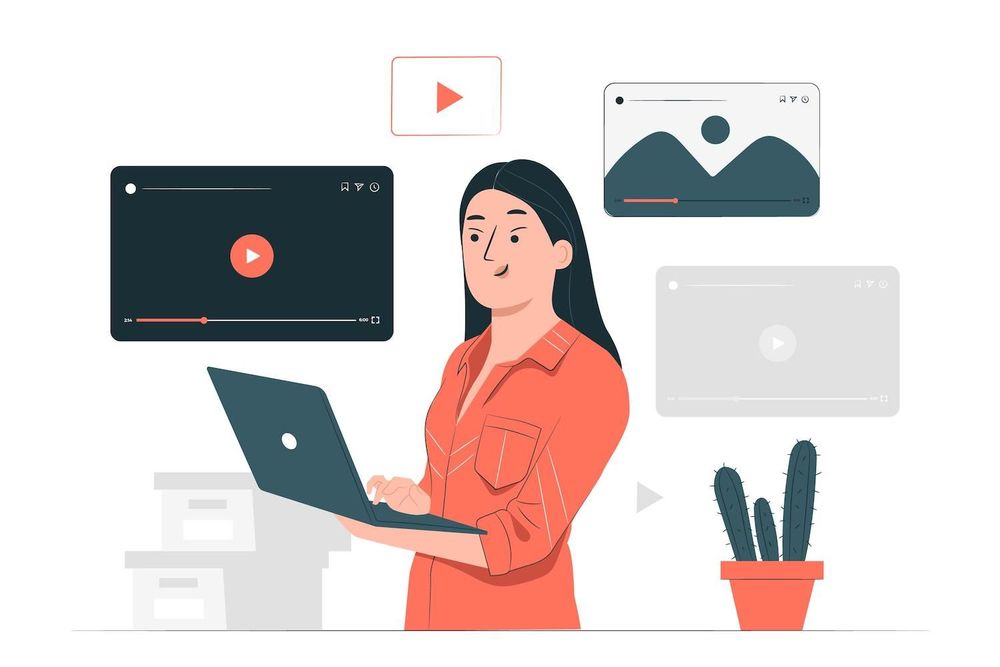What Epic Is the App Store Looking for? App Stores What Other Game Developers Really Want? -
While mobile game and app creators struggle to breathe in the face of the duopoly tax, which is 30 percent, which players must pay for nearly all revenue from mobile games around the world, Epic Games has emerged as the most prominent gaming company in the battle to open-source computing for mobile devices.
Privately, both big and smaller studios what they'd be interested in hearing, and here are the answers they wanted to be heard.
Background Information Slow Decrease of Open Computing, and the 30% Tax on Apps
Computing is more adaptable as it is today. In the past games and creators of software were using the open computing of PC and Mac platforms, allowing the developers to create titles in any way they wanted and have an immediate communication with customers and pick payment methods that are most suitable for their needs. There was no barrier-keepersonly a computer an individual player or an online game. It's a different world.
Presently, over half of screen time for work is done on mobile devices- an increase in shareas and more than 90% of the world's smartphone OS market share is divided equally between Apple in addition to Google. Due to the dominance of mobile-based market shares along with the restrictive control on distribution of games and even e-commerce. emerging possibilities of computing are now at risk as never before and is bringing significant cost to both consumers and app game makers.
In this case it is the reality that both Google as well as Apple's app stores require a 30 percent charge for games as well as other games related items that they distribute through their respective platforms. Apple has the sole authority on the distribution of games as well as online shopping for iOS devices. Contrary to this, Google permits OEM marketplace games and applications to be loaded onto mobile devices that have sideloading but extremely restricts third-party payments within games sold via Google Play.
Google Play does offer a third-party payment integration for a limited amount of game creators through the " user choice billing" pilot; however "user option billing" has high, evergreen market fees of 26% even if you use the preferred payment processor and assume all the risk and obligations associated with the payment process.
What has resulted from Apple as well as Google's dominance over such a huge part of the global market is the default 30 percent tax that mobile apps and games that is paid by players and isn't considered when game developers games and hinders the freedom to trade and computer. As a result of the monopoly over open computing, the developers of games both large and small feel that is time to make some modifications.
What is it that the game designers who Aren't Epic Want?
Our office team embarked on a month-long journey to meet with game developers small and large about things they'd like happen in the policies of the mobile store apps. While not all were at the same spot with regards to all issues The following are the top three items that they expressed their desire for:
1. iOS to support sideloading games that do not display screen warnings.
iOS is long-time restricted to "sideloading" applications and games. Sideloading involves moving apps downloaded out of the App Store, from the official website of the developer or an alternative marketplace. The process allows players to buy games, and allows developers to promote and distribute games as the developer chooses and the player agrees to. Android can support sideloading applications and games however, only with the horrendous warnings in the form of "scare screens" which inform people using smartphones of the risks related to "downloading software through on the web." Most of the game designers we spoke with believed that Apple could allow sideloading. They also felt it is essential to ensure that Apple along with Google should not use self-serving, over-the-top warning screens which criticize the availability of software beyond the app store they own.
2. It is possible to enjoy Unlimited "steering" as well as a payment embedded through a third party payment platforms.
Both Google as well as Apple restrict pricing and purchase choices that can be found on third-party payment platforms which aren't included in the app store. This means that the same product might be offered for sale at a lower cost to the user, however game designers aren't able to direct customers towards this alternative and/or link to other purchasing experiences, or integrate purchases from third parties into their games. Although many game designers have discovered the benefits in transactions that are made via retailers, the standard approach was to provide gamers and game developers with an option to avoid integrated payment limitations.
3. A 0% cost on steering or embedded payments.
Giving embedded or steering payments is one thing. However, similar to it is the Google "user preferences billing" pilot, the capacity to make a decision as well as the financial motivation for doing it are two distinct elements. In the case of "user preference billing" offering a massive cost of $26 for transactions made through third-party payment service companies, as well as their fees for their services, it is not a cost-free benefit for the majority of game developers. Interviews with game developers revealed that they believed that 0% was an appropriate reduction in transactions that are not made via an application store. But the majority of them were for app-specific payment which can help in driving the use and download of games. Naturally that an amount of 26% of each transaction made by a third-party is not what the developers thought to be fair.
What's next?
While there are other nuanced wants around how apps operate, which developers of games want to know about, these three desires are fundamental to the issues they believe developers can be the catalyst for real change for open computing on mobile devices.
About

David Nachman David serves as the chief executive officer of a well-established and full-service supplier of E-commerce solutions for software firms. David is in charge of managing the business's growth as well as building on the already long-standing reputation for providing top e-commerce products to the growing market for software. In the previous 20 years, David held a number of positions from functional vice-president to CEO for companies that had significant growth like Vision, Velocify, and HireRight.
This post was first seen on here
Article was posted on here
